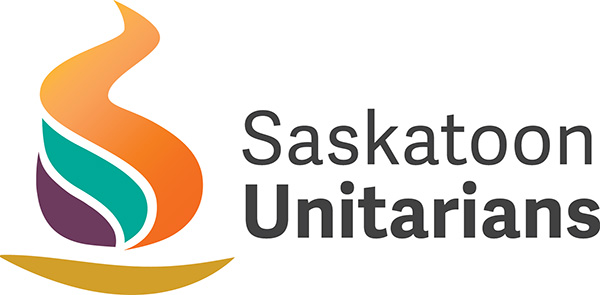Congregational Resources
Covenant of Right Relations
Being part of the interdependent web means we are always in relationship: with ourselves, with loved ones, friends, colleagues, our fellow human beings, and with our communities and the environments in which we live. Unitarian Universalism, through its eight principles, offers us much to reflect on, alone and together. At times we live up to these principles and other times we fall short of them; at times we do good and sometimes—often inadvertently—we do harm.
We aspire to be a community to which we can all bring our whole selves—imperfect, messy, vulnerable, and authentic. We understand that negotiating our differences in perspectives is the foundation of creating a genuine community that allows us to connect deeply. The following guidelines have been conceived in the spirit of helping us keep learning about ourselves and each other.
Interact respectfully
As a community we collectively create a culture that supports respectful, compassionate, honest and open interactions.
I will take individual responsibility to:
- Listen with curiosity and a desire to understand.
- Act, write, and speak with tact, clarity, and compassion.
- Consider how my words and actions may affect others.
Be inclusive
As a community, we identify and dismantle systemic barriers to inclusion within our congregation.
I will take individual responsibility to:
- Listen appreciatively to those whose life experiences or cultures differ from mine, remembering that people vary in their perceptions, communication needs and style, and their approach to handling conflict and disagreement.
- Learn about the history and current realities of oppressed and marginalized groups in our society.
- Respect individuals’ identity expressions.
- Critically examine my own biases and privilege.
- Participate in our congregation’s efforts to become aware of and correct the harm done by colonization and lift up the values, knowledge, and skills of Indigenous people.
Promote safety
As a community, we promote a culture of psychological and physical safety.
I will take individual responsibility to:
- Respect the personal boundaries of other congregants, the personal and professional boundaries of ministers and staff, and each person’s desired level of connection.
- Maintain appropriate confidentiality.
- Follow our Safe Congregation Policies as they apply to me.
Honour commitments
As a community, we build and maintain a culture of accountability.
I will take individual responsibility to:
- Realistically assess my capacity before making a commitment.
- Do my best to follow through with action on promises and commitments.
- Let others know in a timely manner if I am unable to fulfill my commitments.
- Maintain my commitments when decisions don’t go my way, keeping in mind the larger picture of why we are here.
Be open to diverse beliefs
As a community, we encourage open, respectful sharing of beliefs.
I will take individual responsibility to:
- Do my part to foster a welcoming environment that encourages participation by all.
- Listen with an open mind when others express opinions and beliefs I do not share, actively seeking to understand their position.
- Share my own views, neither silencing myself nor trying to ‘convert’ others or assert the superiority of my position.
- Honour the diversity of religious beliefs and spiritual thought within Unitarian Universalism and in the broader community.
Repair relationships
As a community, we support each other to address interpersonal differences with candour and compassion.
I will take individual responsibility to:
- Pay attention to power differentials within relationships, which may include factors such as age, stage of life, gender, sexuality, education,
employment status, and ability. - Distinguish between intent and impact, understanding that even with the best of intentions, it is possible to cause harm.
- Reflect with curiosity when I feel uncomfortable about something another person has said, done or not done. If I believe I need to address the issue, I will speak directly to the person with the aim of gaining understanding and connection.
- Seek advice and support from others in the congregation if I am not comfortable navigating my own and others' boundaries and repairing the relationship on my own (e.g., a member of the Committee on Shared Ministry or another trusted individual).
- Seek out effective strategies to regulate my emotions so that I can show up in a way that is present, open, curious and kind.
- Remind myself that while negotiating boundaries and repairing relationships can be uncomfortable processes, they are worthwhile because they lead to relationships that are more authentic and joyful.
Govern democratically
As a community, we use transparent, democratic governance processes that honour both majority and minority views.
I will take individual responsibility to:
- Understand how our congregation works so I can be an informed and effective participant.
- Work within these democratic processes to effect change.
- Accept decisions made in accordance with our governance structure and formal procedures.
